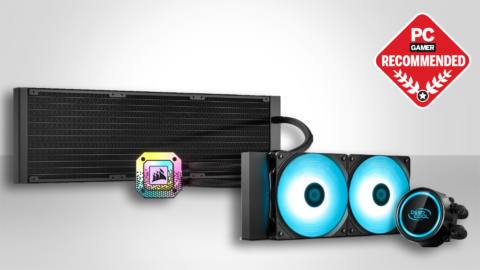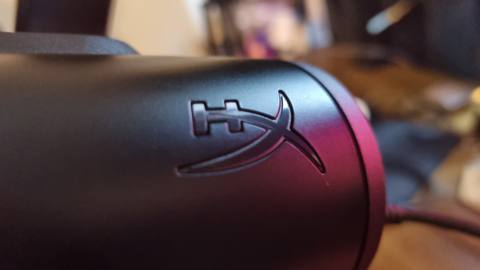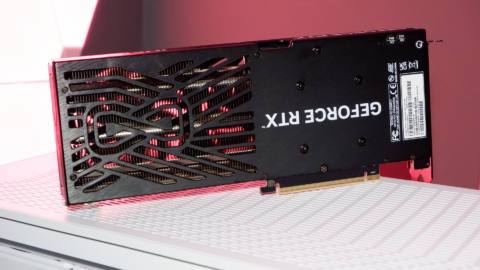Scammers are among the lowest forms of life, but they can be crafty. In recent times there's been an increase in the number of scams that try to rip people off by selling expensive items without the things that make them expensive items. Fake RTX 4090s are just one example. After all, it's the chip under the hood that actually makes products like the RTX 4090 or i9 14900K. Take that out and you're left with a whole lot of nothing.
HKEPC (via Tom's Hardware) reports that Safedisk, one of the world's premier overclockers, fell victim to a scam where he bought a Core i9 14900K that wasn't what it appeared to be. This wasn't some low end i3 chip marked as a 14900K, though. It had no die at all, making it absolutely useless.
Overclockers are always on the hunt for golden CPUs, and in this case, Safedisk likely thought this was a good opportunity to grab a chip on the cheap on the off chance that it was a gem. However, upon arrival, it was clear things were not as they seemed.
Firstly, the chip arrived with a sticker saying warranty would be void if it got taken out of its clamshell. I'm pretty sure the fine print of Intel's CPU warranty allows you to actually use the product, but 10 points are awarded to the scammer for the creative dissuasion. Still, Safedisk went ahead and tried to get the chip to boot. To little surprise, it didn't.

Best AIO cooler for CPUs: Keep your chip chill.
Best air cooler for CPUs: Classic, quiet cooling.
It was at that point that Safedisk removed the heat spreader from the mysterious non-booting CPU and discovered a vacant space where the silicon die was supposed to reside. At least there wasn't a troll face emoji sitting there, that would have been really insulting.
But this really isn't funny, it's sad. I mean, why would a scammer bother with something like this? It seems like a lot of effort with a lot of risk involved. Maybe the scammer works for an Intel-contracted company or fab and thought this would be an easy way to make a few bucks from some failed products destined for the bin.
The moral of the story is to be careful who you buy from. A seller popping up with the deal of the century, but with zero reputation or feedback should be an automatic disqualifier. It's not like I would ever think about buying a brand spanking new fake Samsung 1080 Pro SSD. Actually, I did—for 0.5 seconds.
Practice safe shopping folks!





